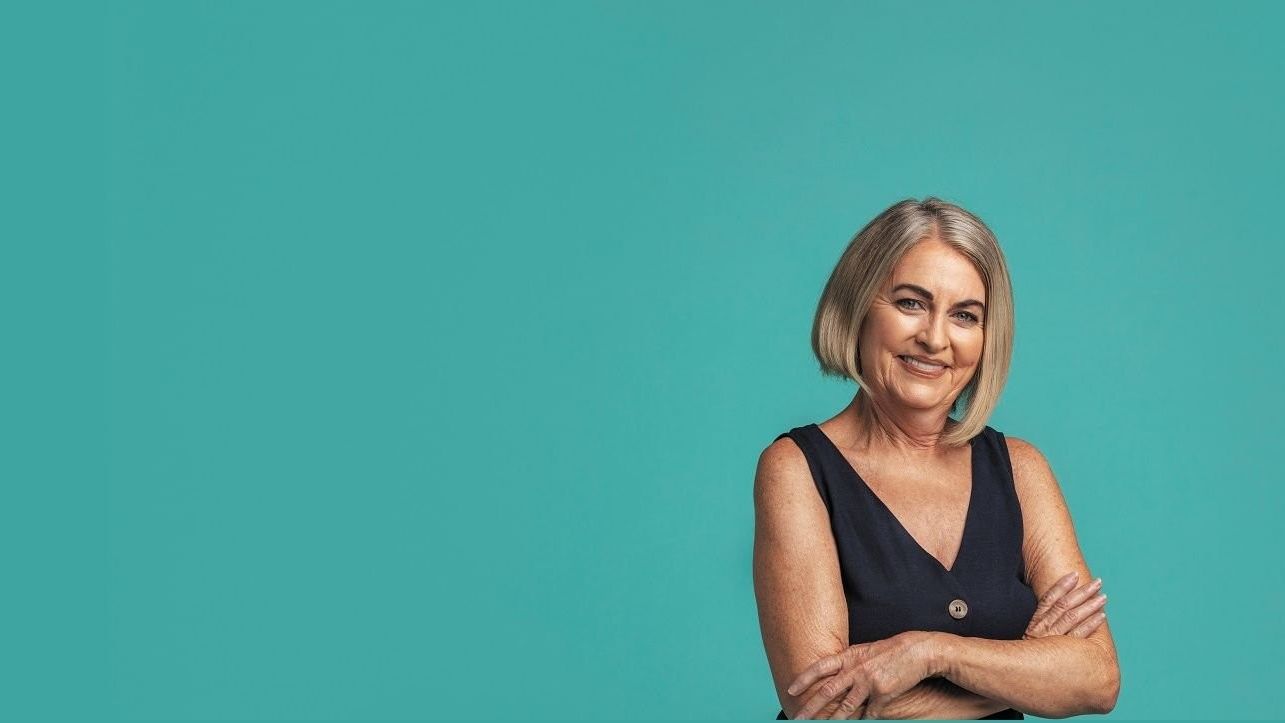How former battery hens make egg-cellent pets
Think twice before adopting a dog or cat, because chooks need forever homes too.

Tips for keeping ex-battery hens
They need space and good housing. This information is useful.
Feeding. Start with the mash they’ve had their whole life, then start slowly mixing in other recommended foods.
The hens will need a constant supply of water in the day. They used to get water from a nipple feeder, a drop at a time, so they may need to learn how to drink with their heads down.
They will have to re-establish a pecking order. The pecking should settle down within a few days, but make sure none of them are getting seriously hurt.
Fights often start over food, so put more than one bowl of food in different areas of the coop.
To distract them, try hanging up shiny CDs or a cabbage for them to peck at.
At any given time, there are about 21 million hens “working” in Australia's egg-laying industry.
Sadly, chook farmers have to cull their flocks as those hens slow down or stop laying – meaning the average hen lives to about 72 weeks.
In 2017, Julie O’Shea heard about a local farmer offering chooks to anyone who wanted them.
“This is the part of my job I hate the most” he told her at the time. “Every year, I need to cull any chickens I have over 18 months of age. They just go to compost.
“I have to cull about 400 this weekend.”
Julie took 10 chickens home with her that day, and then went online to try find other people to adopt some of the others.
She met with enough success to encourage her to continue rescuing chooks and find them homes.
It’s quite a commitment, given that, according to the RSPCA, a chicken's natural lifespan can be as long as 10 years.
Who Gives a Cluck is the name of a registered charity that works with egg farm owners, collecting those hens who are no longer commercially viable because they don’t lay an egg every day.
Its founders believe it is important that rescued hens go to “forever homes”, where they will be cared for, egg or no egg. It has an approval process for hen "parents”, who are now affectionately called “Mother Cluckers”.
Once a year around August it holds adoption days in several locations stretching from Queensland’s Sunshine Coast to Grafton in northern NSW and rehomes ex-battery hens in their hundreds.
In a recent ABC story, Bonney from Brisbane said she had kept ex-battery hens for years because of their affectionate dispositions.
“Maybe it’s because they’ve been in a cage their whole lives, but they just want to be around you all the time,” she said.
“You go on a journey with them as they heal and start to trust you more and more, until they start running up to you when they see you because they recognise you.
“I have to work 10 times harder with my other chickens to get that kind of affection, but with ex-battery hens, it just happens.”
Hens are also good for keeping down pests, supplying eggs (if they still can), and fertilising the garden. Owners say they also provide entertainment and can instil a sense of calm.
Another hen owner, Kelly, told the ABC, “It can take six months for them to feel really good and to find their place in the pecking order.
“Sadly, they tend not to live as long post-rescue as non-battery chickens.”
Sally notes “they've had a hard life” but adds that the chooks “naturally fall off the perch after a few years of really living”.
You can learn more about adopting ex-farmed hens here and watch a cute video profile of some of the lucky rescued chooks.
Related reading: Hen Rescue, Who Gives A Cluck, ABC








